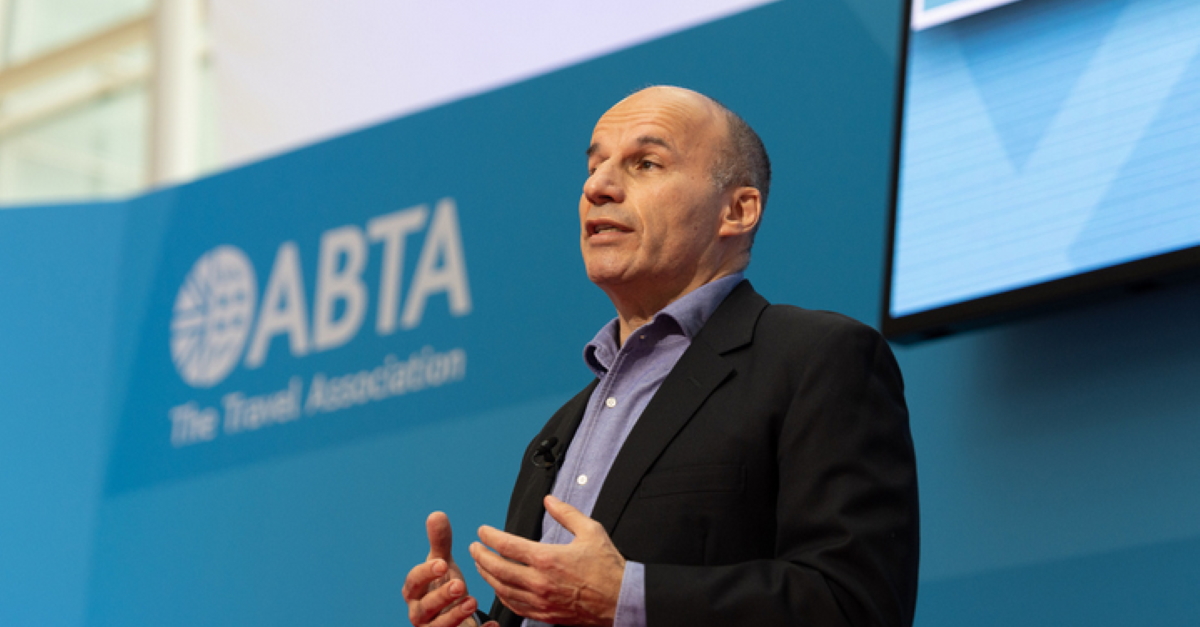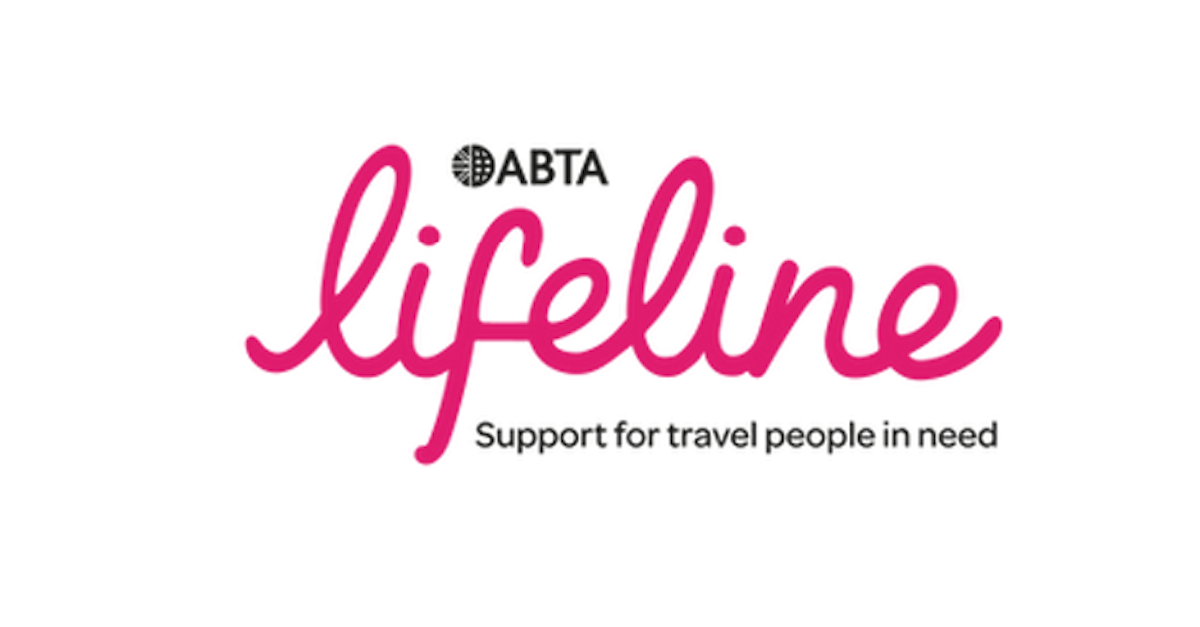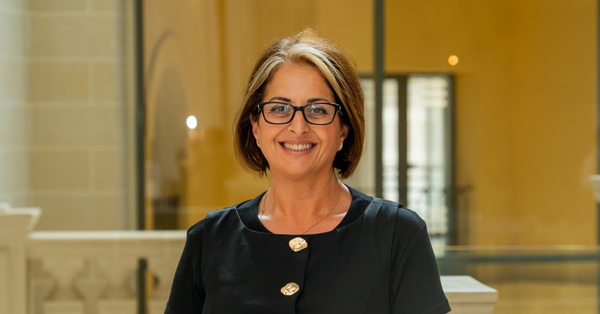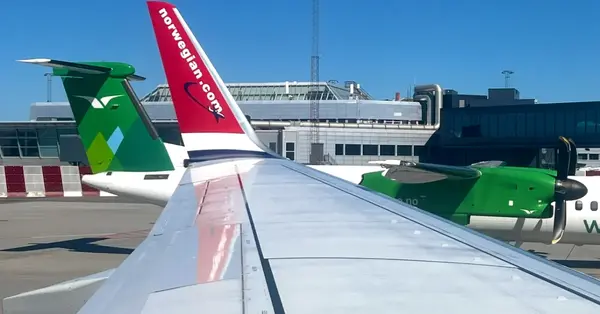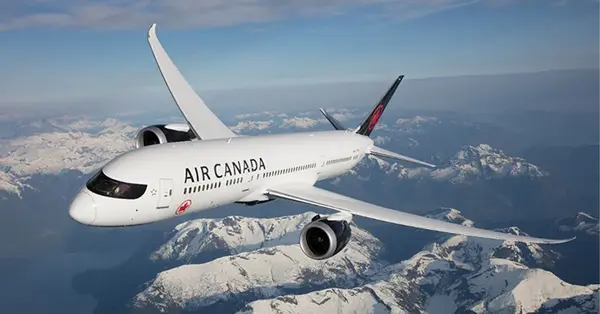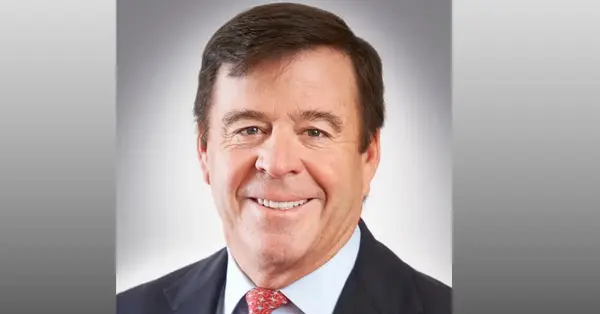You are viewing 1 of your 2 free articles
Abta subs increase draws criticism from some members
Abta gave notice of an increase in membership subscription rates last week, sparking anger among some members.
Subscriptions will rise by an average 8% from July 1, though with the increase limited to 4% or less for “about three-quarters” of members, according to Abta, and the minimum rate unchanged.
Oliver Brendon, chief executive of ATD Travel Services, accused the association of basing its increased fees on “a fictional figure” as subscriptions for the 12 months from July will be based on firms’ turnover for 2019.
He acknowledged Abta had granted a 50% reduction on its fees for 2020 but pointed out subscriptions were previously based on turnover “from the last accounting period”, which would be 2021-22.
Brendon said his annual subscription would have been £10,000-£15,000 based on last year’s turnover, instead of “roughly £50,000” and said: “Abta has just changed the rules. It justifies it by saying ‘we lost a load of money’. But Abta still has reserves.”
He argued: “These are not huge sums of money. It’s more the principle. Abta hasn’t gone through the enormous pain that small and mid-sized travel businesses have. Members would accept it if Abta had taken some of the pain.”
A senior industry source agreed, saying: “Abta has a pile of cash it is not sharing with members. There was no mention [in the subscriptions notice] of the millions gained on Abta’s sale of its investment property.”
Abta sold its former London head office for £19.65 million last October, allowing it to pay off a £2 million loan and leaving it with assets totalling more than £25 million. The source said: “Abta has no intention of cutting overheads. Its expectation is this will be forgotten. But I’ve never seen such resentment toward Abta.”
A second senior source argued the increase in subscriptions “had to come” but said “it’s a tough time” for Abta members and suggested the association’s leadership need to be aware of “where Abta is in the popularity stakes”.
The source told Travel Weekly: “More and more people are upset. Lots of small companies are very upset.”
Abta chief executive Mark Tanzer gave notice of a change in the way subscriptions are set in February, when he also made clear he did not intend to cut the services offered.
He told Travel Weekly: “Abta has good reserves to carry on doing what we do.” But he added: “We need a financial model that is viable.”
Tanzer promised a review of Abta’s services but said: “I’m interested in putting more value on the table for members rather than going in the opposite direction of cutting services.”
He also noted: “Subscriptions based on most-recent turnover aren’t going to work when people haven’t had any turnover.”
Tanzer was speaking after Abta reported a £15 million loss for the financial year to June 2021, with the bulk of the losses due to the failure of Cruise & Maritime Voyages (CMV) parent South Quay Travel in July 2020.
However, Abta more than balanced the books by selling its former Newman Street head office in central London for £19.65 million in October, leaving it with £25.7 million in assets even after it paid off a £2 million Coronavirus Business Interruption Loan.
Member turnover in the year to June 2021 more than halved to £18.6 million and Abta gave the 50% discount on subscriptions for that year in acknowledgment of the pandemic’s impact.
It wrote to members last week confirming an average increase of 8% in subscriptions from July. The letter from head of membership Danny Waine pointed out this was the first increase in three years and would amount to 4% or less for “three-quarters of members” with no increase in the minimum subscription rate.
Larger companies face a substantial increase although Abta said no rates would increase by more than 10%.
Members will pay in two instalments, with half due on July 1 and half on January 3, before payments revert to the usual schedule next year with the full subscription due in July.
Waine reported the Abta board sanctioned the use of reserves to reduce the subs rise and pointed out: “These figures compare with an overall UK inflation rate of 9% [in May].”
However, he warned membership fees would rise above inflation in the next two years, noting: “Minimum subscriptions will rise in 2023-24 and 2024-25, and subscription levels overall will rise by the same amount . . . it is likely this will be greater than inflation at the time.”
Waine noted: “We considered whether the cost of running the association could be lowered by reducing the amount of services we offer. [But] we consulted members and there is no consensus around any services members would like us to stop providing.”

